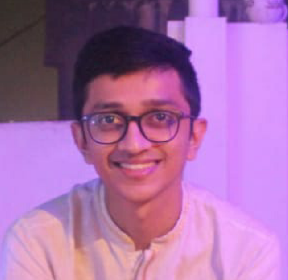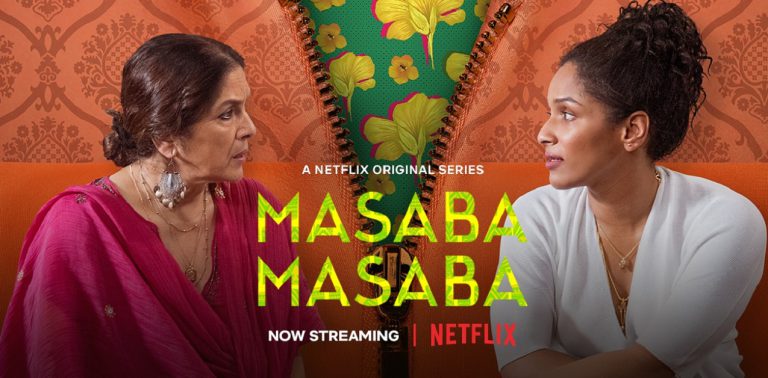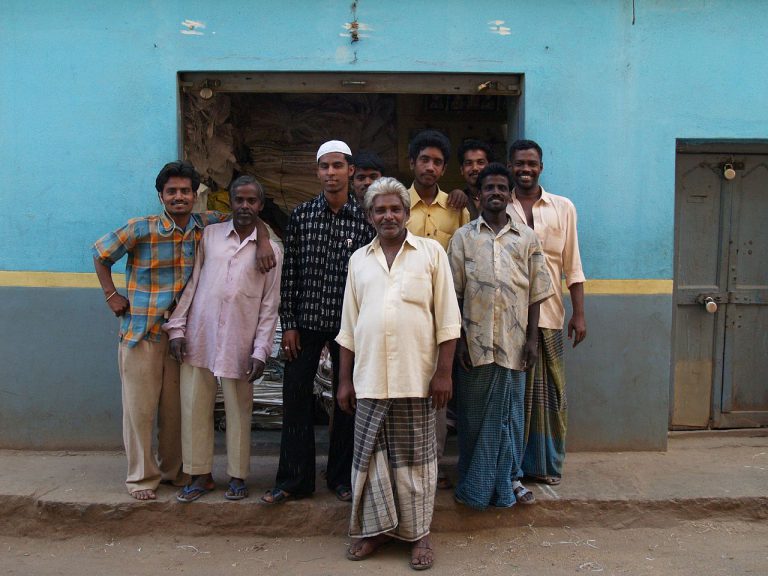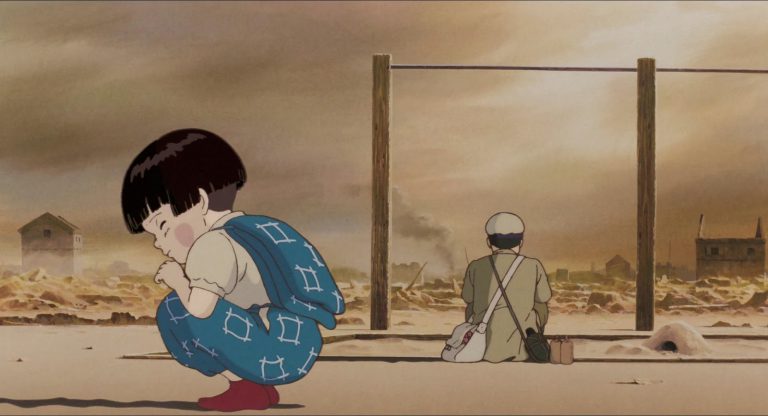PAATAL LOK: To watch or not, is not a question

Chirag Malani is a 22 year old fresh out of B-School. In his free time, he loves watching (and rewatching) movies and TV shows from all over. He loves cats and hopes he will be able to adopt one someday.
Darkness and Beyond
Amazon’s new original series Paatal Lok, created by Sudip Sharma is about a middle-aged Delhi cop, Haathi Ram Choudhary (Jaideep Ahlawat) caught in the middle of an endless investigation about an assassination attempt on high profile journalist Sanjeev Mehra (Neeraj Kabi). In his messy quest, Haathi Ram is aided by his trusted associate & junior, Imran Ansari (Ishwak Singh). Four suspects have been arrested at the very beginning, with a conspiracy to the murder charge. Chief among them is Vishal, aka Hathoda Tyagi, named so after his notorious murder weapon – a hammer. The nine-part series moves across the geographies of Delhi, Chitrakoot & Punjab as both these cops sink their teeth into the case and backtrack each suspect’s story. Each episode asks more questions than answers and smartly always ends with a cliffhanger that makes you want to binge the series.
The show gives a backstory to the lead cast – Haathi Ram, not satisfied with how life turned out for him to have daddy issues. And the same seems to be reflecting upon his relationship with his son. In a telling scene, Haathi Ram’s wife Renu (Gul Panag, after what seems like a lifetime) tells him his father vented his frustration on his son and went down the same path with his own. In this, he reminded me of Vijay Raaz’s character from Gully Boy. There’s a little sense of morality in both these characters, burdened with the weight of their various failures. Thus, this case becomes a golden opportunity for Haathi Ram to prove his mettle to his family, peers, and, most importantly, himself.
On the other hand, Sanjeev Mehra – the torchbearer of the Left-wing, has his share of issues back home. His wife, Dolly (Swastika Mukherjee) has anxiety issues. His strained marriage gives us a portrayal of the lifeless relationship both are stuck in and seek solace elsewhere. On the work front, he’s about to get fired by big boss Singh Saab (Akarsh Khurana, in a bizarre turn from the meek Koi Mil Gaya principal). However, Mehra’s situation is not as helpless as it seems, and he tries to pull all the right strings to leverage the assassination attempt.
And then there is Imran Ansari, an honest & upright cop with UPSC aspirations. He is the Watson to Haathi Ram’s Sherlock, whose intentions & ambitions are all in his favor. His name, however, is not. Ansari serves us as a mirror of the life of the minority in today’s India. He is reminded time and again, by peers, seniors, & even Haathi Ram himself, of his social status.
When we see prominent faces in the film industry stay silent on the various issues in the country, issues that if spoken about might lead to boycott from the masses (& the ruling party); or when we see the narrative in some mega-budget films also side with the one being pushed by the establishment; we can turn towards OTT to take it up. The primary job of cinema & content is to engage the viewer. If that can be done by showing us the mirror, it elevates to something larger & more essential. This is where Paatal Lok hits the nail hardest. It does not shy away from taking up any of these issues. Other Indian shows might have tried it subtly, but it’s safe to say that Paatal Lok is the most political one yet. What one enters expecting a neo-noir crime thriller turns out to be a more extensive commentary on so much more. And, it is a matter of no surprise given the team behind the series has always tried to push the envelope and bind all threads into a larger theme. Prosit Roy, who previously directed the horror flick Pari, tried to dive into the Bangladesh liberation war with a supernatural element. Sudip Sharma, screenwriter for NH10, did not restrict it to a cat and mouse chase and made larger points about lawlessness, honor killing & patriarchy with the film. And, Avinash Arun, with his debut directorial feature Killa, spoke about casteism in Maharashtra at length. Hence, when an investigative thriller manages to address Islamophobia, the state of media in India, the more than prevalent casteism in the heartland, the ever-increasing class-divide, the bigotry of the Hindu majority and the hypocrisy of the seemingly liberal elite; it is a testimony to the terrific writing.
Moreover, what is relieving is that neither of these has been treated as a trophy cause. Instead of pushing a one-sided narrative, we see how the seemingly liberal clan also exploit the cause. “We liberals are such a cliché – give us a Muslim or an LGBT character & we’ll make a story out of it.” It’s in lines like these that the show rises to its peak.
A good story is a starting point that can only be elevated by excellent performances. Once again, we have OTT to thank for giving a highly unused actor of Jaideep Ahlawat’s caliber, the role of a lifetime. His eyes, heavy with failure & sadness, do half the work for him. Neeraj Kabi, as the snobbish journalist, is equally convincing. Ishwak Singh as Ansari is a revelation – his performance feels heartfelt & warm and is a breakout. In smaller parts, Swastika Mukherjee & Gul Panag also make a mark. And then there is Abhishek Banerjee as the monstrous Hathoda Tyagi. He creates a substantial impact with minimal dialogue and the most severe stare.
In a show full of so many loose threads, it might be tricky to tie them all together in the climax. And Paatal Lok is no exception to this. The story derails here & there but picks up eventually in the last two episodes. It might also be the makers’ intention to show us the workings of a cop’s investigation & how each lead might not be fruitful. What also didn’t quite work for me was the clanky Hinglish dialogue – a problem that much other Indian content has suffered with.
There are but minor hiccups in a show that has so much more to offer. Staying true to the central theme of the three estates – Swarg, where the elite resides; Dharti, for humans & Paatal; home to darkness, animals & all sorts of filth; Paatal Lok drives home that India coexists somewhere between all three.
Featured Image: First Post








